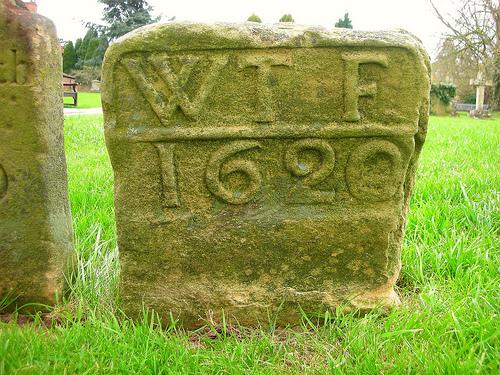 It’s Friday and I am tired, but I will post this nonetheless. The headline reads “Barack Obama rejects Normandy trip to avoid offending Germany” in the London Telegraph newspaper. When I first saw it today (the story came out days ago) I was a little stunned that our Commander-in-Chief rejected the idea of visiting the cemetery of fallen American heroes. Soldiers who helped to save Europe from herself all those years ago. Young (and old) American boys and men who made the ultimate sacrifice are not shown the respect by their President that they deserve. During a week where our President set out to reestablish better diplomatic relationships with Europe and other allies, I paid no attention to the Right Wing attacks on Obama’s so-called “apology tour.” I kind of understood what he was doing. Our past administration was not beloved there, and for our Leader to show some humility was, I think, prudent. I don’t even care if he did or didn’t bow to the Saudi King (though he clearly did and why they can’t just admit it is strange and representative of things). Would an afternoon in Normandy paying respects to our fallen soldiers really been offensive to Germany? To which Germans I have to ask? The Neo-Nazis? Ah, do they have Skin Heads there? Would it have been a big deal time wise or logistically, no and no when you consider where he visited during his trip: Turkey, ect. To visit Normandy would have reminded everyone of our sacrifice, yet this simple gesture proposed by the French was rebuffed by our President. I am perturb by this behavior on the part Obama and his handlers. I don’t buy any of the excuses they have provided.
It’s Friday and I am tired, but I will post this nonetheless. The headline reads “Barack Obama rejects Normandy trip to avoid offending Germany” in the London Telegraph newspaper. When I first saw it today (the story came out days ago) I was a little stunned that our Commander-in-Chief rejected the idea of visiting the cemetery of fallen American heroes. Soldiers who helped to save Europe from herself all those years ago. Young (and old) American boys and men who made the ultimate sacrifice are not shown the respect by their President that they deserve. During a week where our President set out to reestablish better diplomatic relationships with Europe and other allies, I paid no attention to the Right Wing attacks on Obama’s so-called “apology tour.” I kind of understood what he was doing. Our past administration was not beloved there, and for our Leader to show some humility was, I think, prudent. I don’t even care if he did or didn’t bow to the Saudi King (though he clearly did and why they can’t just admit it is strange and representative of things). Would an afternoon in Normandy paying respects to our fallen soldiers really been offensive to Germany? To which Germans I have to ask? The Neo-Nazis? Ah, do they have Skin Heads there? Would it have been a big deal time wise or logistically, no and no when you consider where he visited during his trip: Turkey, ect. To visit Normandy would have reminded everyone of our sacrifice, yet this simple gesture proposed by the French was rebuffed by our President. I am perturb by this behavior on the part Obama and his handlers. I don’t buy any of the excuses they have provided.
Now with that said, it was reported that the President MIGHT have agreed to go to France for the 65th anniversary of the June 6th 1944, D-Day landings. However, White House spokesman declined to confirm so at this point there is no such plan. If Obama does indeed visit Normandy in June, I will happily post a rebuttal and sing his praises!


